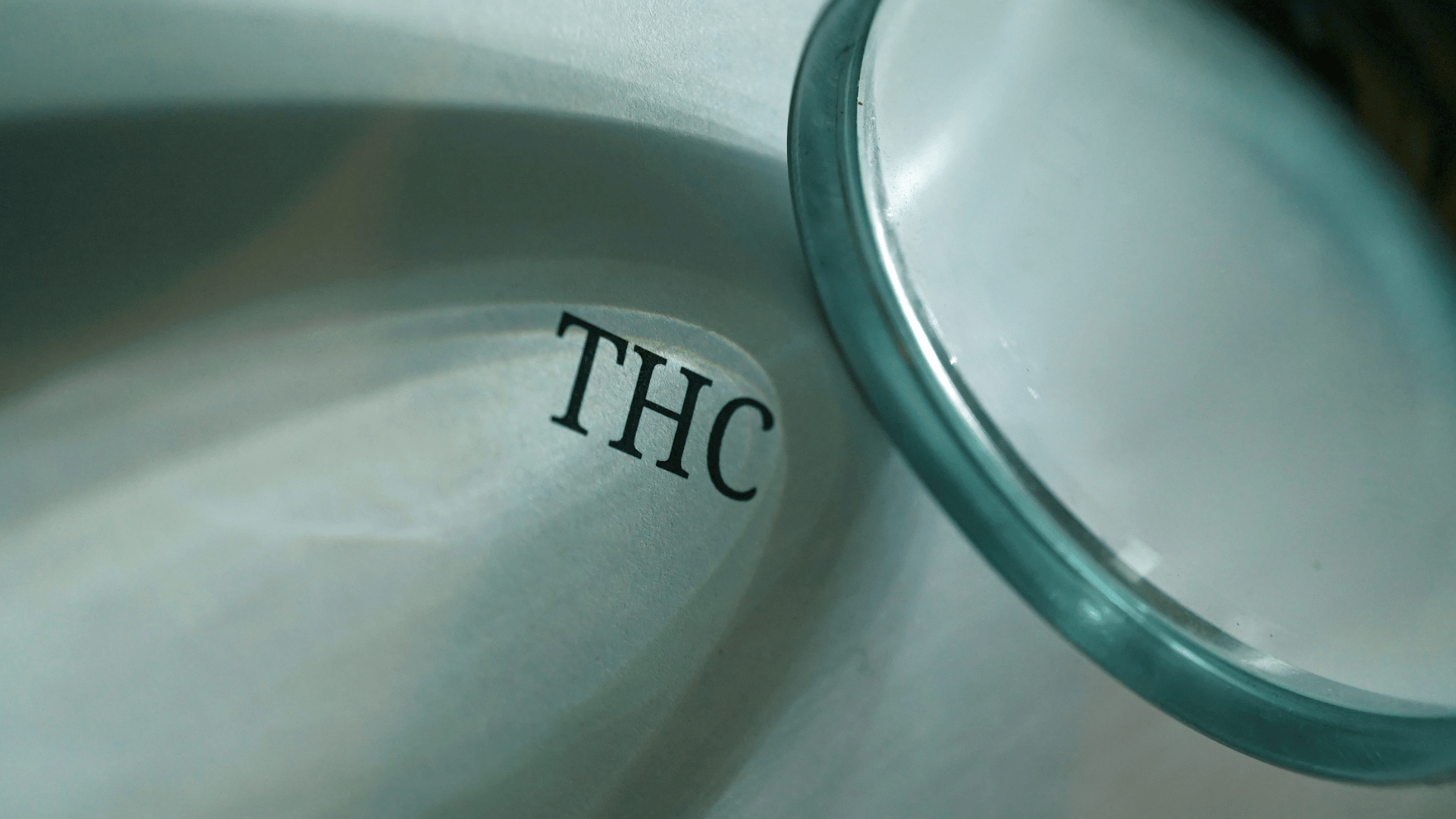Marijuana addiction is a serious problem that affects millions of individuals worldwide. It is characterized by compulsive marijuana use despite negative consequences such as physical health problems, legal troubles, and/or strained interpersonal relationships. As with any other drug, marijuana can lead to physical dependence, tolerance, and addiction.
Long Term Affects Of Marijuana Addiction
Marijuana addiction can have a range of physical, psychological, and behavioral symptoms. Common physical symptoms of marijuana addiction include poor coordination, increased heart rate, and red eyes. Psychological symptoms can include irritability, changes in appetite, anxiety, depression, and difficulty concentrating. Behavioral symptoms of marijuana addiction include an increase in risky behavior, neglecting responsibilities, and isolating oneself from family and friends.
Marijuana addiction can take a toll on an individual’s life, and it is important to be aware of the signs. People who are addicted to marijuana often display a lack of interest in activities that were once enjoyable, or a decreased motivation or productivity. They may also experience increased cravings for marijuana, and will often compulsively seek out the drug. As marijuana addiction progresses, it can lead to problems with relationships, finances, work, and physical health. If you or someone you know is exhibiting signs of marijuana addiction, it is important to seek help from a qualified medical professional as soon as possible.
5 Signs Of Marijuana Addiction
Marijuana addiction is a real medical condition that affects many people around the world. It can be difficult to recognize the signs of marijuana addiction and it is important to be aware of the dangers of long-term and regular marijuana use. Here are five signs of marijuana addiction to watch out for:
Loss of Control
One of the first warning signs of marijuana addiction is an inability to control the amount one is consuming. If you find that you cannot stop using marijuana once you have started, even if you want to, this could be a sign of addiction.
Social Isolation
Individuals who are addicted to marijuana often isolate themselves from their friends and family. They may prefer to spend most of their time alone, or in the company of other marijuana users.
Unsuccessful Attempts to Quit
If you have made unsuccessful attempts to stop using marijuana, this is another sign of addiction. This is true even if you are only cutting down and not completely quitting.
Negative Impact on Work or School
Regular marijuana use can interfere with a person’s ability to perform tasks at work or school. This could manifest itself as lateness, missed deadlines, poor grades, or poor performance reviews.
Financial Problems
Another sign of marijuana addiction is financial problems. This could mean that the user is spending more than they can afford on marijuana, or that they are not able to cover bills due to their marijuana use.
If you recognize any of these signs of marijuana addiction in yourself or someone you know, it is important to seek help. Professional treatment can give you the tools needed to overcome addiction and lead a healthier, happier life.
Treatment For Marijuana Addiction
Treatment for marijuana addiction can include behavioral therapies, medications, or both. Support groups and counseling can also be useful in helping individuals with marijuana addiction learn strategies to cope with cravings and other withdrawal symptoms, as well as strategies to manage stress and improve communication in interpersonal relationships.
The treatment of marijuana addiction is primarily focused on cognitive-behavioral therapy (CBT). CBT works by helping the patient identify and confront their triggers, understand the underlying causes of their addiction, and develop techniques to resist the urge to use marijuana. Other techniques include motivational interviewing, which focuses on helping the patient become more self-motivated to stay away from cannabis, and contingency management, which rewards the patient for avoiding marijuana use. In addition, pharmacological treatments may also be used, such as Gabapentin and N-acetylcysteine, which have been shown to be effective in reducing cravings and withdrawal symptoms. Lifestyle changes and support from family and friends are also important components of recovery from marijuana addiction.
Find Marijuana Addiction Treatment At The Ridge In Ohio
If you’re looking for a reputable drug and alcohol addiction treatment center, The Ridge Addiction Treatment Center is the place for you. With our specialized and certified treatment program, we provide personalized care that will help you move forward in your recovery journey. Our experienced staff will work with you from the very first step of your recovery and beyond, ensuring that you get the best treatment possible. We offer individual therapy, group therapy, and holistic treatment to address all aspects of your addiction. In addition, we have an inpatient rehab center in Cincinnati and a detox program that covers all addiction types. We also provide aftercare services to ensure that you stay on track in your recovery. Take the first step and contact us today to get the help you need to overcome your marijuana addiction.


